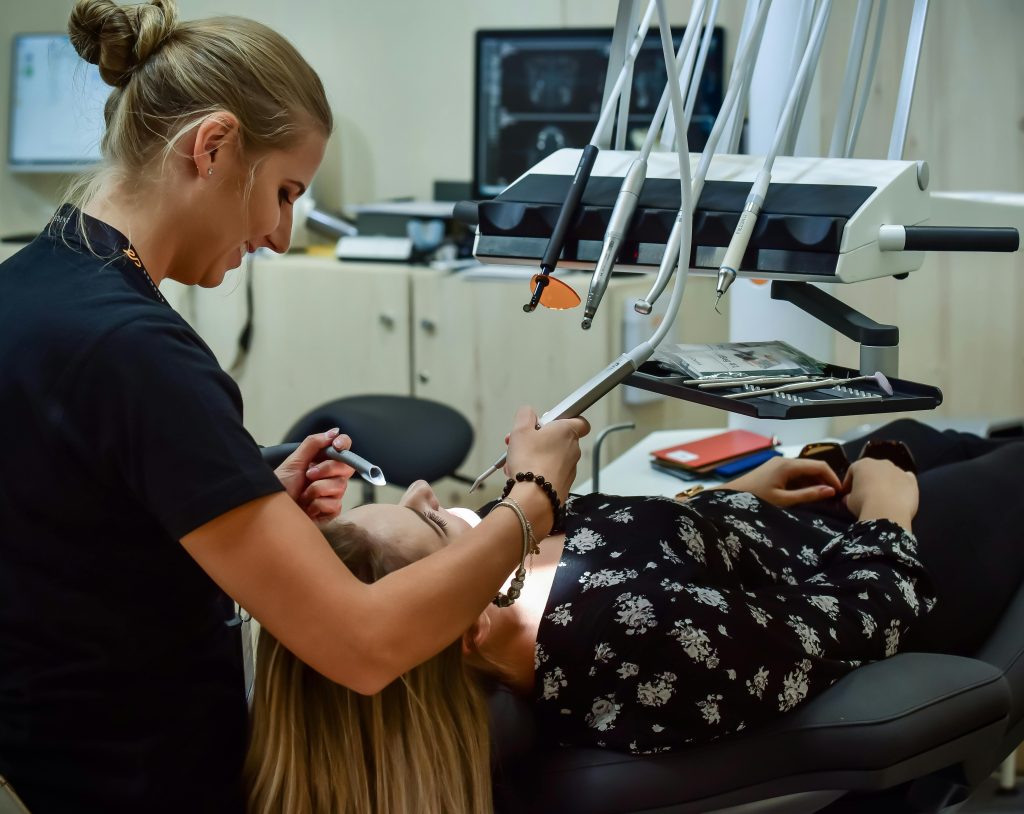
Especially with inflation, many Americans are trying to cut back on spending. A 2023 Experian study found that 66% of Americans actively seek ways to trim expenses from their monthly budget. But what if we told you that some of your money-saving habits are actually costing you money? You could be approaching saving money all wrong. Let’s take a look at your money-saving strategies and whether or not they’re actually costing you more than they save.
1. Ignoring Price Per Unit

I am personally guilty of this. When money is tight, I tend to buy the cheapest things I can find at the grocery store. That said, I often fall into the trap of buying small quantities that are actually more expensive than if I spent a few more dollars on larger quantities. So, it’s important to look at the price per unit to determine if the item you’re buying is actually a good deal. Otherwise, your money-saving strategy could be costing you more in the long run.
2. Overbuying in Bulk

The same is true for buying everything in bulk. First, what is realistic for you and your family to use or consume before the product spoils or expires? Then, do a little math and make sure that the bulk price is really saving you money. Many stores like Costco, Sam’s Club, and BJ’s don’t have amazing deals on everything just because they are bigger quantities. To get the best deals on items, research prices on Flipp to see prices at other stores in your area.
3. Just Buying Something Because It’s on Sale
If you’re only buying items on sale, you might actually be paying more. For example, a name-brand peanut butter on sale could still be more expensive than the store brand. Additionally, if there is a sale in-store it’s likely that you can save even more by stacking manufacturer coupons and rebates on apps like Rakuten, Ibotta, Shopkick, and Fetch. Check out videos on social media from well-known couponers for the best tips.
4. Hanging onto an Old Car
If you just bought an old car or are hanging onto a clunker, you may be wasting money. Gas mileage alone on an older car could be costing you money. Plus, if you’re putting money into repairs, you are probably spending more than the car is worth.
5. Avoiding Doctors and Dentists

While paying for insurance deductibles is expensive, ignoring preventative care isn’t a good money-saving strategy. You could be missing treatable health conditions by putting off visits to the doctor or dentist. While no one likes going to the dentist, good oral health can health prevent costly procedures like root canals.
6. Ignoring Quality of Purchases
Just because the clothes on Shein are inexpensive doesn’t mean that they are a good deal in the long run. If you consider cost per wear, a better quality garment may be worth the investment. You can always get better quality clothes at the thrift store or on the resale market to cut costs. The same is true for household items. There are things you should invest in so that they stand up to wear like quality pots and pans.
7. DIYing Repairs

It’s tempting to think that you can save money on home repairs by doing it yourself. Yes, professionals are expensive, but larger projects often require an expert’s knowledge and skill. So, next time you have a leak in your roof, don’t try and fix it yourself unless you are equipped to do so. Any mistakes you make could cost you a lot more to rectify.
Reevaluating Your Money-Saving Strategy
Sometimes saving more money is about changing your mindset. Spending the least amount of cash doesn’t mean that you’re saving money in the long run. You may actually be paying more for simple things like grocery items if you buy smaller quantities. Or if you have to replace a winter jacket every year because you purchased one that was poor quality over time you are probably spending more money. So, make your purchases wisely and do your research to get the best deals that actually save you money.
What is your best money-saving strategy? Let us know in the comments.
Read More
- Backpacking on a Budget: 10 States Where Your Dollar Goes the Farthest
- Tips to Find Cheap Home Insurance

Teri Monroe started her career in communications working for local government and nonprofits. Today, she is a freelance finance and lifestyle writer and small business owner. In her spare time, she loves golfing with her husband, taking her dog Milo on long walks, and playing pickleball with friends.

Leave a Reply